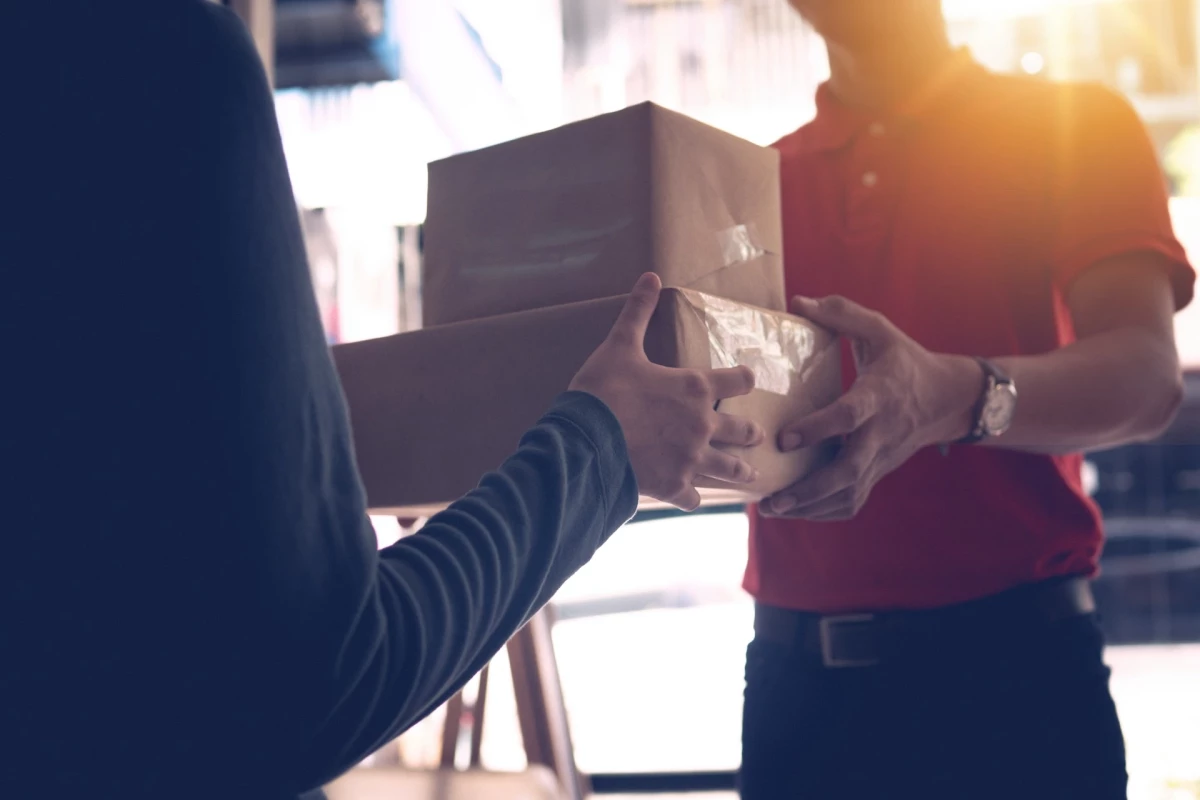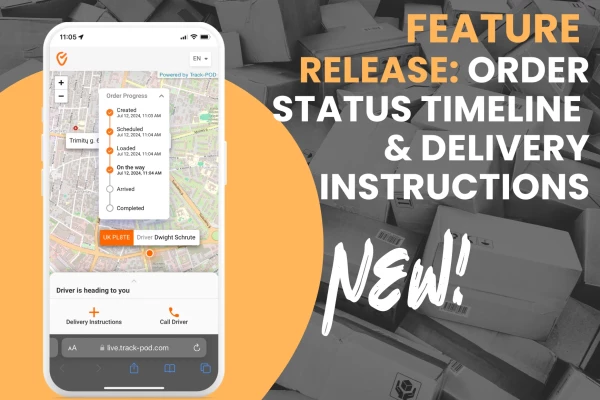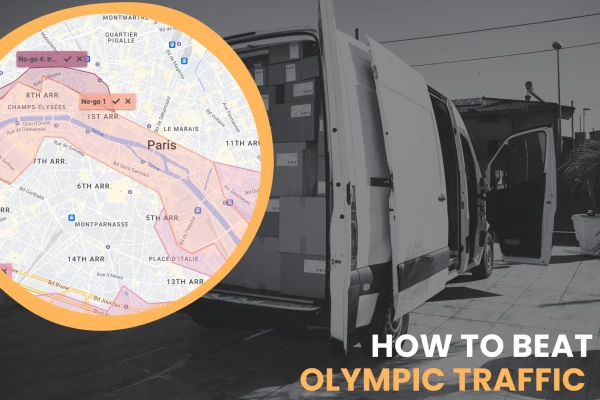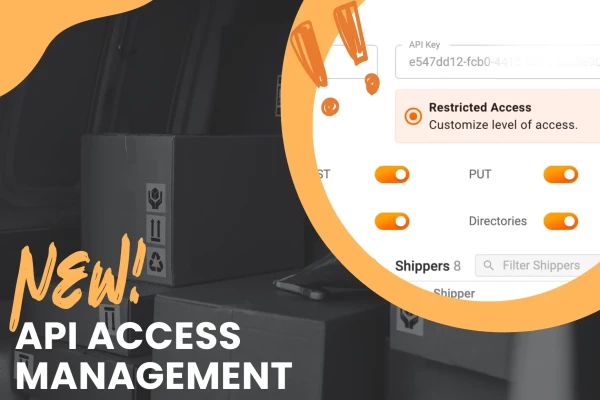5 Technology Trends That Are Shaping the Future of Omnichannel Fulfillment

by
Natasha Merchant
October 24, 2023
Have you tried opening a shopping app, looked through a few products, and decided to go to a physical store to complete your purchase? That’s the concept of omnichannel purchasing—a combination of offline and online shopping.
Omnichannel fulfillment is the hero behind this hassle-free shopping. It's like the people who work behind the scenes of a big show, making sure everything is impressive. Everything about the process is flawless, from browsing a website to holding your product.
But here's the icing on the cake: technology is accelerating this process.
Are you curious about the technology and trends that will make your customers’ shopping experience more enjoyable? Continue reading this article and learn about the tech stars changing how ecommerce businesses work.
Omnichannel fulfillment: what is it?
Omnichannel fulfillment is a retail strategy integrating various sales and distribution channels to provide customers with a seamless and consistent shopping experience.
But what’s powering this consistency? The answer is technology.
The previously divided retail industry comes together into a single, unified experience thanks to cutting-edge tools and platforms. So, each click, touch, or step consumers take while shopping feels like continuing, not starting over.
It's a new way to shop that puts customers at the center.
How does technology make this process even better now? Below is a quick rundown.
1. Blockchain for supply chain transparency
At its core, blockchain is an unchangeable digital diary. It keeps track of all product dealings, including site changes, ownership changes, and other adjustments. And here's the catch: every entry is immune to updates or forgeries.
The way the supply chain works is changing because of this unbreakable record-keeping. Consequently, the supply chain management field is experiencing a growing presence in both academic research and the business landscape.
Now, companies can track their goods from when they leave the factory to when they arrive at a customer's doorstep, thanks to technologies like route planning tools and blockchain.
This openness guarantees receiving the right product on the agreed delivery date.
For retailers, the actual value of blockchain goes beyond buzzwords. It's about building trust. Your customers can shop with confidence, knowing the whole story of a product, and that story cannot be tampered with.
Thanks to blockchain’s digital ledger, businesses can guarantee authenticity and on-time delivery.
2. Augmented Reality (AR) in warehousing
Although many only think of AR as a tool for gaming, it's having a tangible impact on the warehouse industry.
AR makes monitoring and managing inventories a snap with interactive 3D visualizations, transforming difficult jobs into visual, straightforward processes.
Also, AR glasses replace standard devices as warehouse managers' go-to equipment. Using these glasses, they can quickly find goods, use store space best, and gain cost-saving insights. It's like having a digital assistant before you, helping you simplify processes and cut costs.
In short, AR has evolved beyond simple entertainment.
It’s an indispensable instrument in warehouse management, as it guarantees precision, streamlines operations, saves time, and cuts costs.
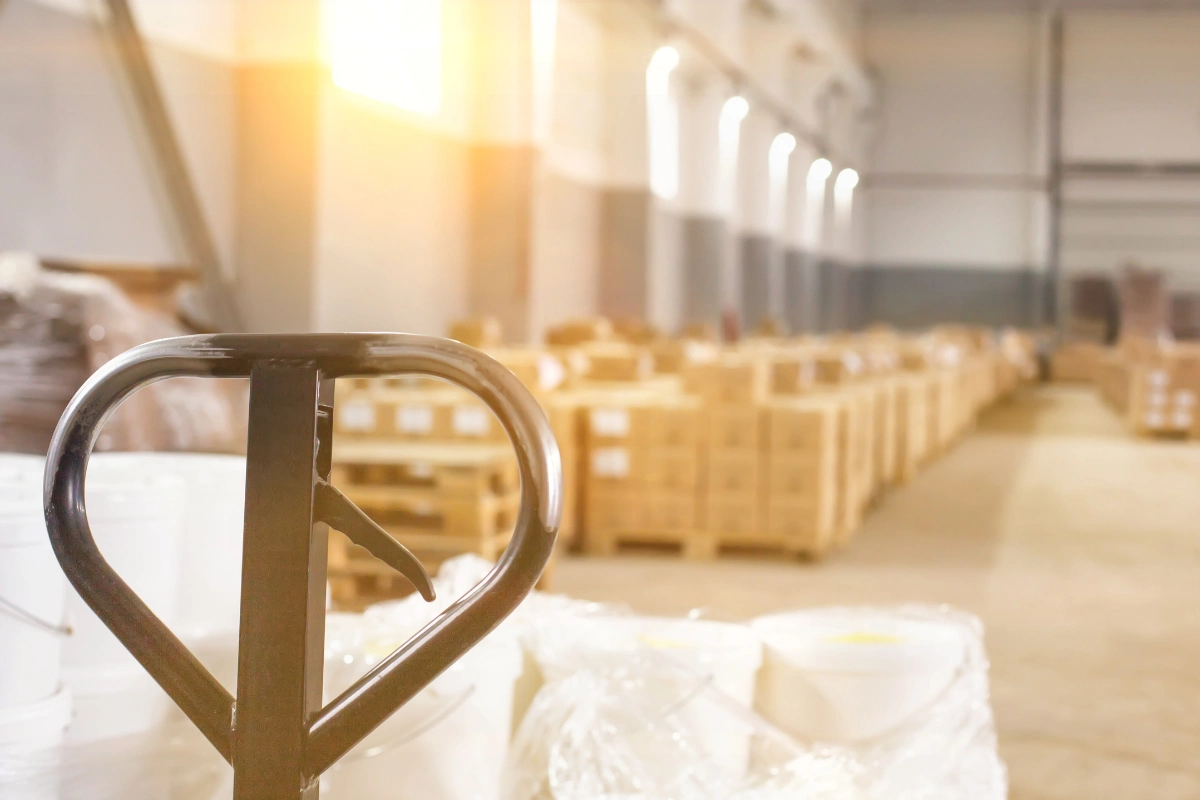
3. Smartphones: driving the future of omnichannel fulfillment
Nowadays, smartphones are no longer only communication devices.
They lead the way in mobile commerce growth, providing more than just a phone or texting tool. Moreover, they've evolved into flexible shopping centers, letting your customers browse, buy, and even test items digitally with a swipe or a tap.
Stores are stepping up their game because of this change.
Thanks to smart technology, your customers’ cart will remain consistent whether they shop on their tablet at breakfast, laptop at lunch, or phone at night.
It's all about giving a consistent purchasing experience regardless of screen size. For the most part, the future of omnichannel fulfillment services is now in the consumer's pocket.
The gap between online and brick-and-mortar retail has been effectively closed through smartphones.
4. IoT for real-time inventory management
Companies have historically struggled to connect their in-store inventory to the larger supply chain.
But now that omnichannel fulfillment software is rising, the supply chain needs to be more innovative and connected than ever.
Demanding consumers expect things to be available whenever and wherever they shop.
The disappointment of seeing an item marked as "out-of-stock" may quickly ruin a shopping trip. However, thanks to the Internet of Things (IoT), shops address this age-old issue head-on. That's where the IoT shines.
Smart shelves, which have sensors and can link to a network, let you see how much stock you have at any time. These are more than your average retail shelves.
They guarantee that goods are always available for eager shoppers who want them.
These IoT devices help companies avoid the dreaded "out-of-stock" situations before they happen by giving them real-time updates on their stock.
So next time the item you want is on the shelf, know that intelligent technologies and strategic supply chain management are working hard behind the scenes.
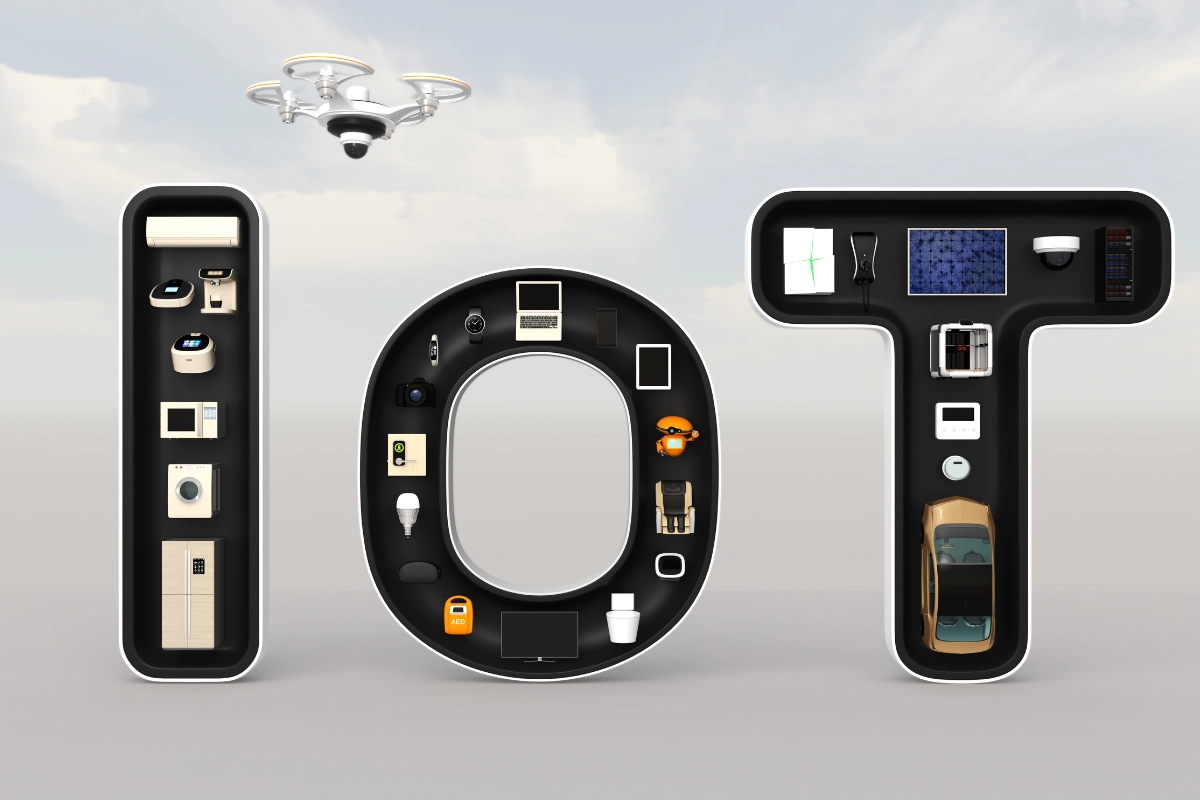
5. Advanced robotics and automation
A recent McKinsey & Company report found that more than 50% of all tasks in retail have the potential to be automated.
Robots are already making their mark, so this isn't just a theory for the far future. The hum of modern machinery fills warehouses today as it picks, packs, and sorts goods with unmatched accuracy.
This shift toward automation and robotics goes beyond a passing trend in technology. It's a response to the growing needs of today's customers.
Robots speed up the fulfillment process and make it more accurate, dramatically lessening the chances of mistakes that could cause delays.
If you're happy with how quickly your package arrived, remember that a robot working hard in a building possibly helped make that happen.
Why is omnichannel fulfillment important?
Because of the tremendous changes in the ecommerce space, omnichannel fulfillment is no longer desirable but vital.
Here's why it’s so crucial:
- Stronger customer bond: Customers who feel more connected to a brand are likelier to remain loyal to that company. Positive consumer experiences create a strong bond that makes customers prefer a brand over rivals and often return to make more purchases.
- Consistent shopping journey: Consumers will always have a consistent shopping experience whether they purchase online, through an app, or in a physical store, thanks to omnichannel fulfillment. This consistency promotes trust and avoids misunderstandings.
- Profit boost: Brands experience a significant increase in revenue when they employ a consistent omnichannel strategy. The guarantee of a brand's presence across all platforms motivates customers to spend more, increasing profits.
These trends have far-reaching monetary consequences.
According to a recent Market Research Future (MRFR) study, the omnichannel commerce platform was worth $4.5 billion in 2022. However, based on forecasts, the value will rise from $5.36 billion in 2023 to $21.86 billion by 2032.
This considerable increase, with an annual growth rate of 19.20% from 2023 to 2032, shows how vital omnichannel fulfillment will be for the future of retail.
The future is bright with omnichannel fulfillment
A significant change is happening in ecommerce, and omnichannel fulfillment is the leading player.
This strategy is becoming more than just a catchphrase for thriving businesses. By combining the online and offline shopping experiences, ecommerce retailers give their customers a smooth journey that makes buying easy.
Businesses that use omnichannel strategies succeed as more customers want this seamless and integrated experience.
Staying ahead in the competitive ecommerce world involves moving with the times. Therefore, companies must wholly embrace omnichannel fulfillment if they expect to succeed.
Are you ready to lead the omnichannel revolution? Start using omnichannel fulfillment today.
About The Author
Natasha Merchant
Natasha Merchant is a content marketing specialist who enjoys creating marketing strategies for various SaaS businesses. In her free time, she likes spending time watching Netflix.

